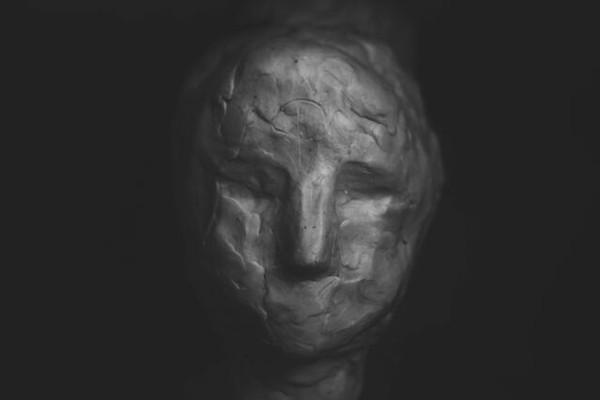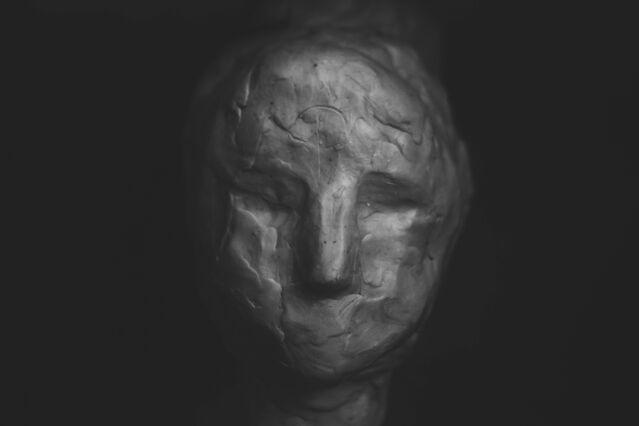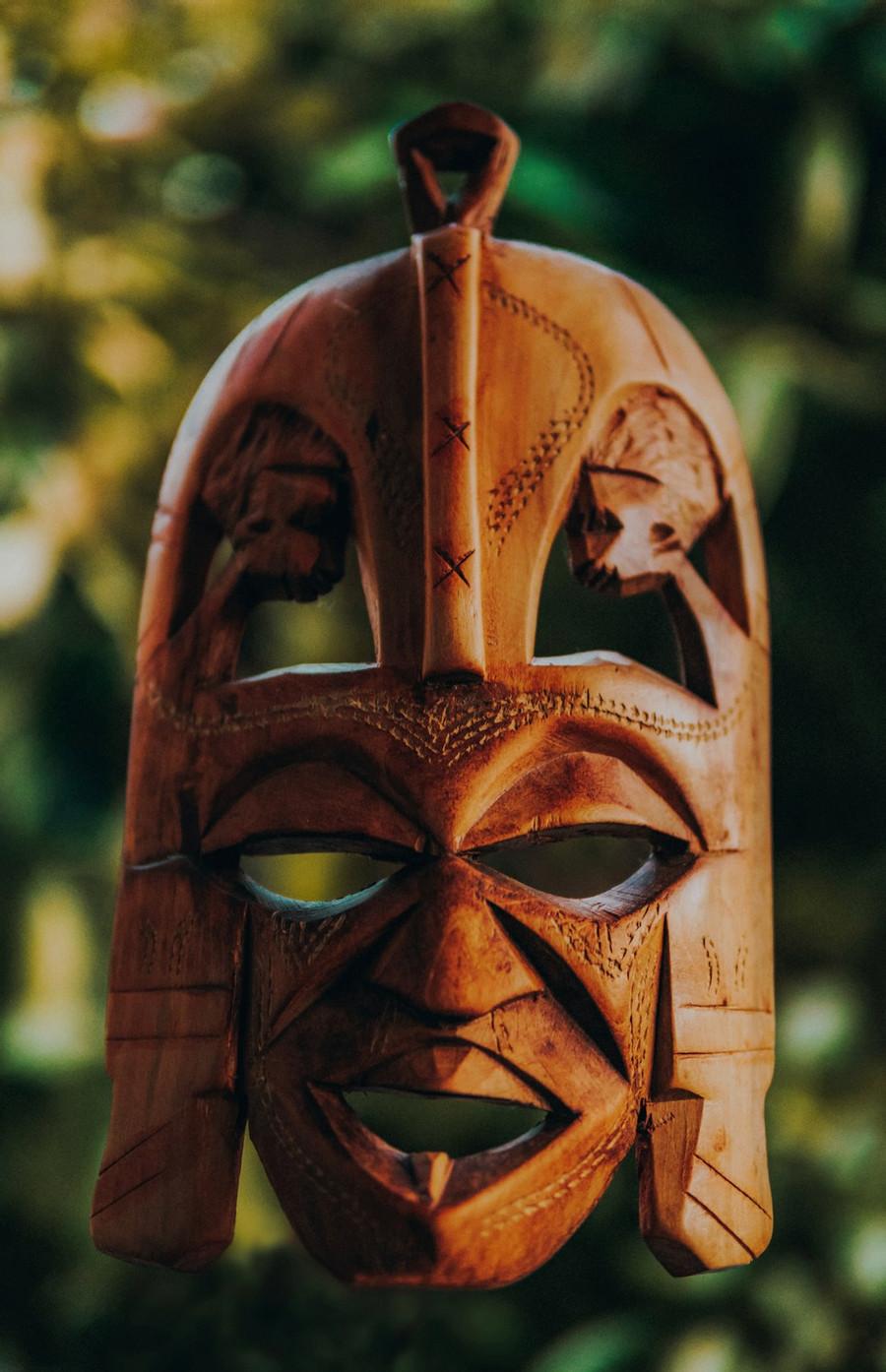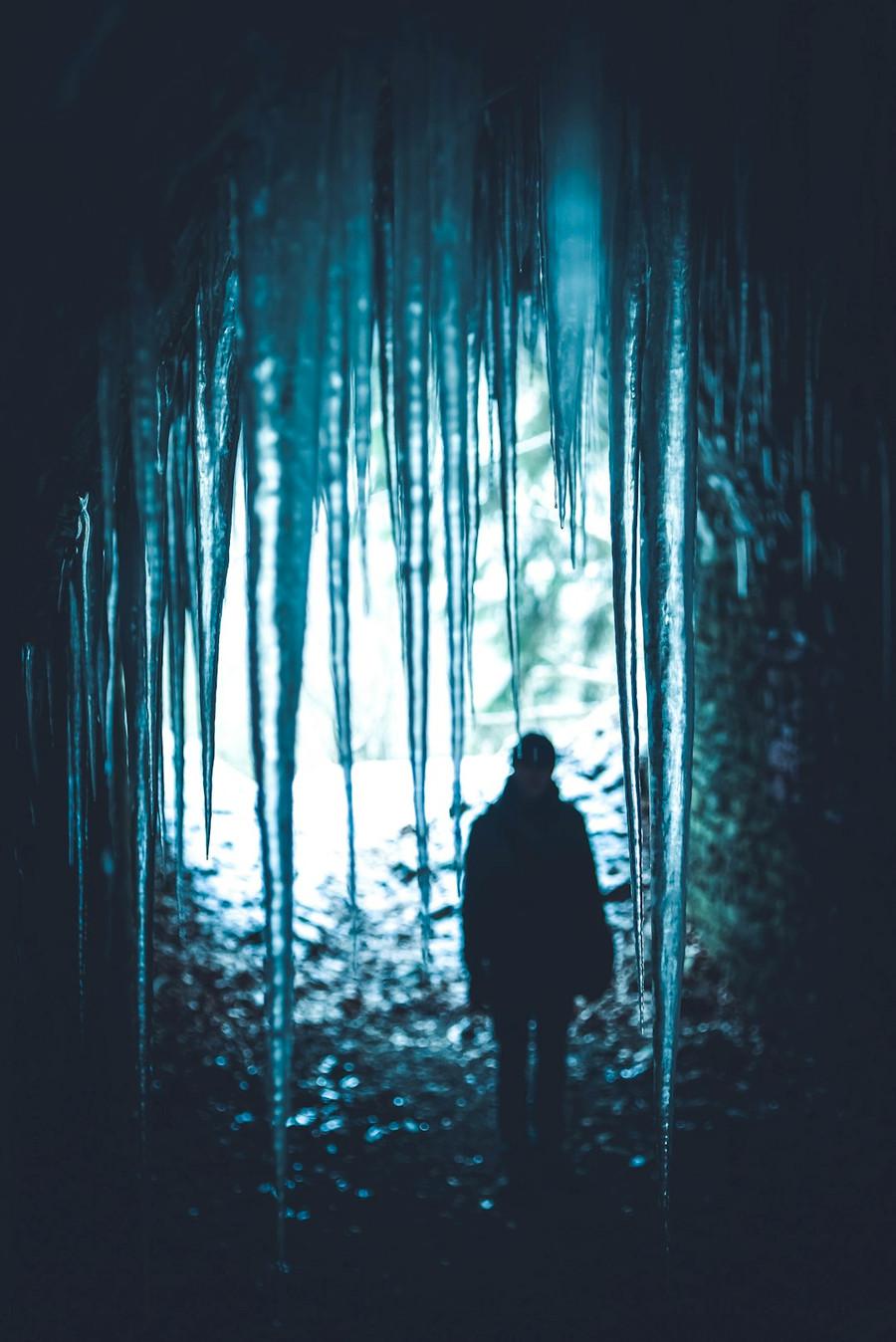Explore the World's Best Ideas
Join today and uncover 100+ curated journeys from 50+ topics. Unlock access to our mobile app with extensive features.
Key Points: People Who Look Different Than Us
- People with facial anomalies, such as scars and birthmarks, are assumed to bear negative personal characteristics.
- This “anomalous-is-bad” facial bias could arise from an evolved pathogen avoidance mechanism or it could be learned by culture.
- The “anomalous-is-bad” bias appears to be learned culturally and can presumably be unlearned.
5
123 reads
Your Face Matters
Faces confer social benefits and costs. People imbue attractive faces with desirable characteristics, like being more trustworthy. These inferences have real-world consequences. For instance, people are more willing to borrow money from lenders with trustworthy faces. Dominance, judged from the faces of West Point cadets, has been linked to the promotions those military personnel would receive decades later.
5
114 reads
The Face Bias
Taken together, the “right” kinds of facial features can make one appear more trustworthy, can facilitate the pursuit of their career goals, and can even bear on life-or-death situations. If having the “right” kinds of facial features is a good thing, what does this mean for people with the “wrong” kinds of facial features—those that deviate from the norm?
5
81 reads
Penalty For Looking Different
People whose faces have anomalous features—like scars, cleft lip and palate, or paralysis—suffer social penalties for looking different. People with anomalous faces are seen as less attractive and less trustworthy than people whose faces lack such features. They provoke implicit and explicit biases and even mistreatment by some viewers, and they trigger brain responses linked to those biases and behaviours.
We call this suite of negative beliefs, biases, brain states, and behaviors the “anomalous-is-bad” stereotype.
5
77 reads
The Source Of The Bias
We avoid interacting with people whose faces have anomalous features because those features signal the presence of a contagious disease. Since not all facial anomalies are signs of contagion, the anomalous-is-bad stereotype could be the overgeneralization of a mechanism that evolved to keep humans healthy.
Even though most people don’t often interact with individuals whose faces are visibly different, negative cultural messages about facial anomalies could instead be the source of the anomalous-is-bad stereotype.
5
76 reads
The Effect Of Western Culture
Using facial anomalies to signify moral corruption remains a popular device in Western storytelling. Anakin Skywalker’s physical and moral transformation into Darth Vader in the Star Wars prequels, the pockmarked face of the latest James Bond villain, and the Joker’s menacing smile that is quite literally carved into his face represent only a handful of examples. In the movie
The Lion King, the baddest bad guy is even named “Scar.” Although the average person probably doesn’t have much firsthand experience with facial anomalies, negative tropes about anomalies permeate Western culture.
6
67 reads
WEIRD People
Both potential routes to the anomalous-is-bad stereotype—as a byproduct of an adaptation for avoiding pathogens, or as a byproduct of cultural learning—are plausible.
How can we tell which one is right? This isn’t just a problem for researchers interested in facial differences—an overreliance on research volunteers from populations that are Western, Educated, Industrialized, Rich, and Democratic (WEIRD) threatens the generalizability of research in psychology and allied disciplines more generally. Even the face photographs researchers use in their studies are often overly-WEIRD.
5
74 reads
The Hadza Hunter-Gatherers
The Hadza hunter-gatherers’ lives are very different from that of the average person in a materially developed culture. They typically live with 20-30 other Hadza in camps that move location every six to eight weeks as local resources are depleted. The Hadza vary in their exposure to non-Hadza culture, with some having had little to no exposure to the world outside of Hadza land.
A study was conducted in this domain of people, to off-set the effects of WEIRD(research volunteers that are Western, Educated, Industrialized, Rich, and Democratic
5
54 reads
The Study Findings
In contrast to those Hadza with the most exposure to non-Hadza culture, those with the least exposure were equally likely to choose scarred faces as they were to choose typical ones when judging moral character. Since only Hadza with exposure to non-Hadza culture showed evidence of the anomalous-is-bad stereotype, our study suggests that this bias is learned.
Support for the cultural origin of the insidious anomalous-face-is-bad stereotype begets optimism: if the stereotype is learned, then it can also be unlearned.
5
50 reads
IDEAS CURATED BY
CURATOR'S NOTE
Bias of the visible facial features.
“
Sarah Moreno's ideas are part of this journey:
Learn more about psychology with this collection
How to use storytelling to connect with others
The psychology behind storytelling
How to craft compelling stories
Related collections
Similar ideas
2 ideas
Here's how genes determine your facial features
livescience.com
3 ideas
Why We Are Unsettled by Robots That Look Too Realistic
psychologytoday.com
2 ideas
Read & Learn
20x Faster
without
deepstash
with
deepstash
with
deepstash
Personalized microlearning
—
100+ Learning Journeys
—
Access to 200,000+ ideas
—
Access to the mobile app
—
Unlimited idea saving
—
—
Unlimited history
—
—
Unlimited listening to ideas
—
—
Downloading & offline access
—
—
Supercharge your mind with one idea per day
Enter your email and spend 1 minute every day to learn something new.
I agree to receive email updates








